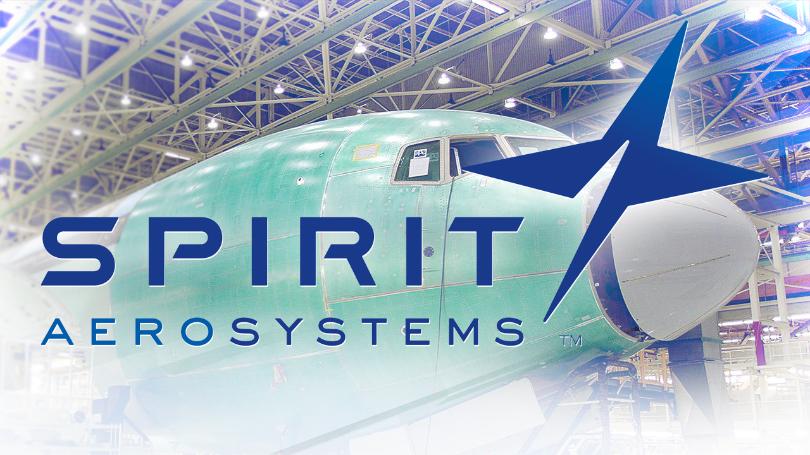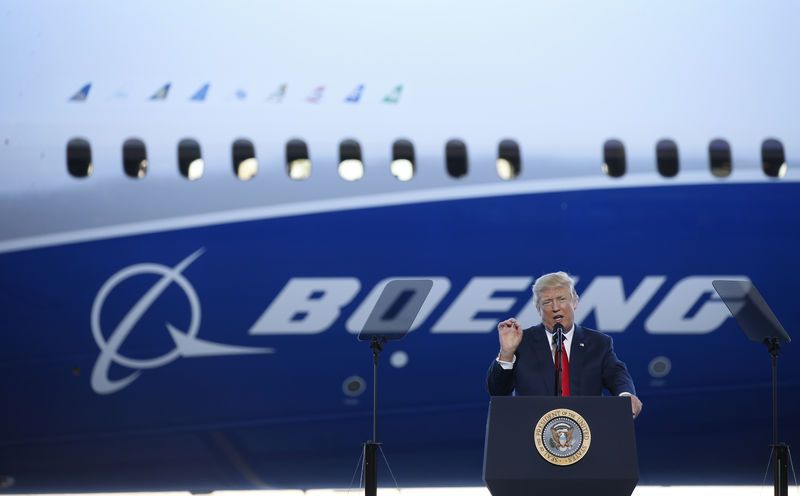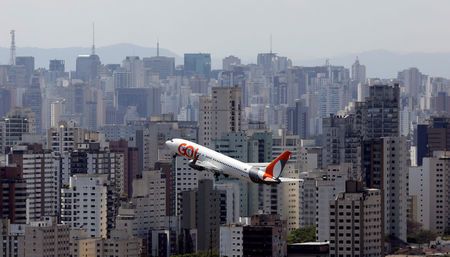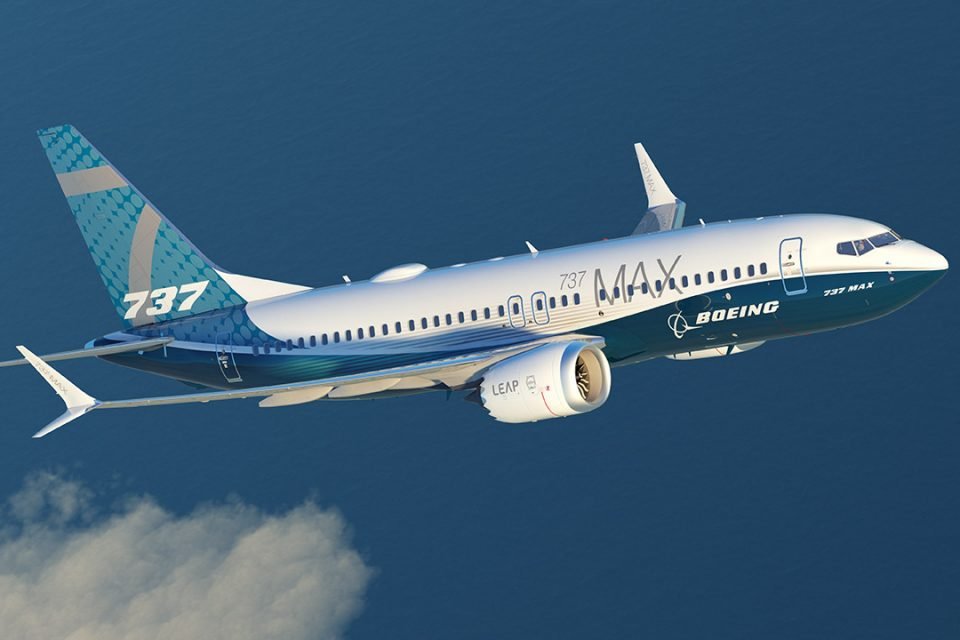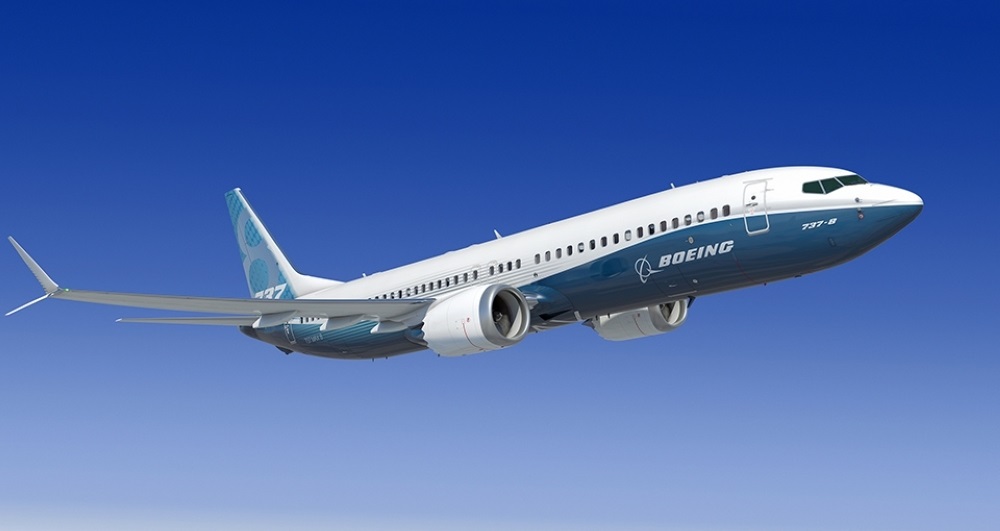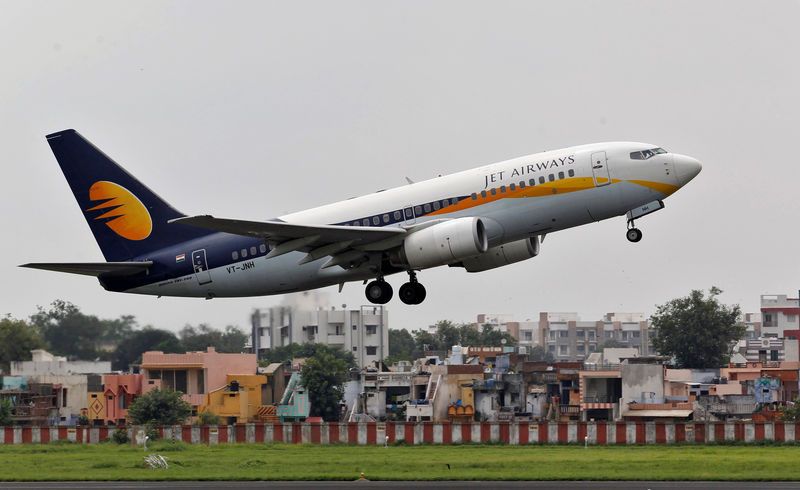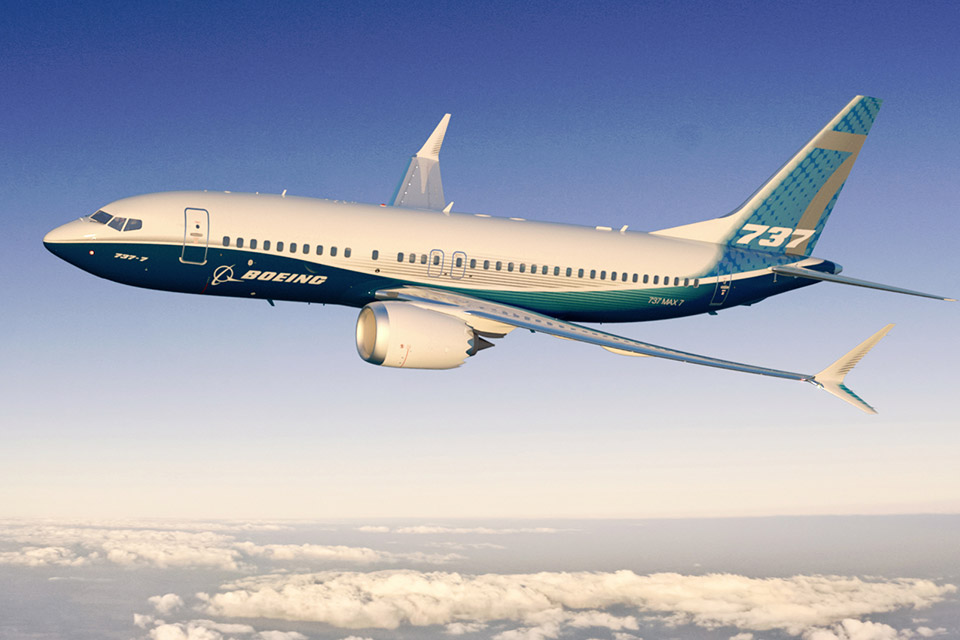(Reuters) – Boeing Co’s largest supplier Spirit AeroSystems Holdings Inc reported strong first-quarter results on Wednesday, while following the planemaker in suspending its full-year outlook in the face of the global grounding of 737 MAX jets.
The crisis with Boeing’s most popular aircraft has thrown into doubt orders for a raft of parts makers who have been investing heavily to meet record-breaking demand from the world’s biggest planemaker over the past two years.
Spirit, which makes fuselage, structural engine components and wing parts for the MAX, did a deal with Boeing last month to stick to its current parts delivery schedules for now, and its profits in the first quarter were up 30 percent, according to Wednesday’s quarterly results.
Boeing however has announced cutbacks in its monthly production of MAX jets to 42 from 52 and while it says it is nearing certification for a software fix for the jet, airlines are assuming the planes will not be back in the air before August.
Spirit said with the uncertainty around MAX production it could not stand by its previous full-year outlook which had factored production for MAX jets rising to 57 units per month in June.
“As we now expect to remain at 52 aircraft per month for some period of time, (prior) guidance does not reflect our current outlook,” Spirit Chief Executive Officer Tom Gentile said, adding he was waiting for more clarity from Boeing on MAX’s return to service.
MAX’s other major supplier General Electric Co, which makes engines with Safran SA of France, on Tuesday stuck to its full-year forecasts, while highlighting risk due to MAX’s reduced production.
Another MAX supplier United Technologies Corp last month included an up to 10 cents per share impact in its full-year profit outlook from the groundings of the jet, assuming Boeing produced at 42 aircraft per month for the rest of the year.
Spirit, whose shares are down about 10 percent since the fatal crash of the Ethiopian Airlines’ jet on March 10, rose as much as 3.5 percent to $89.96 in morning trade.
“Given that (Spirit’s) shares have already notably sold off, we think much of this … has been discounted into the price,” Vertical Research Partners Krishna Sinha said.
The company said it has taken actions including deferring capital investments and pausing hiring and share repurchases to mitigate the financial impact of the MAX production change.
On an adjusted basis, Spirit earned $1.68 per share, beating analysts’ average estimate of $1.64 per share, according to IBES data from Refinitiv.
Total revenue rose 13.4 percent to $1.97 billion (£1.51 billion), beating estimates of $1.93 billion.
(Reporting by Ankit Ajmera in Bengaluru; Editing by Shounak Dasgupta)
